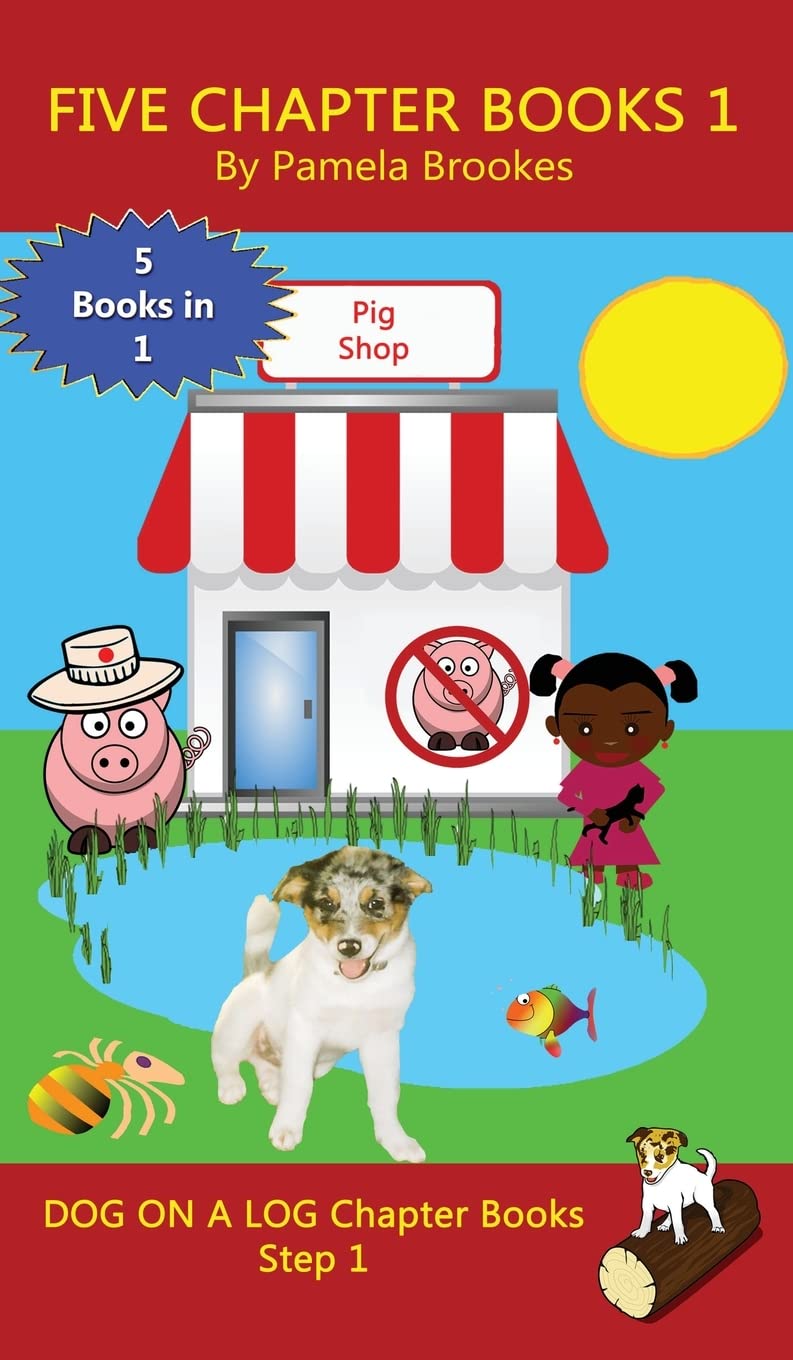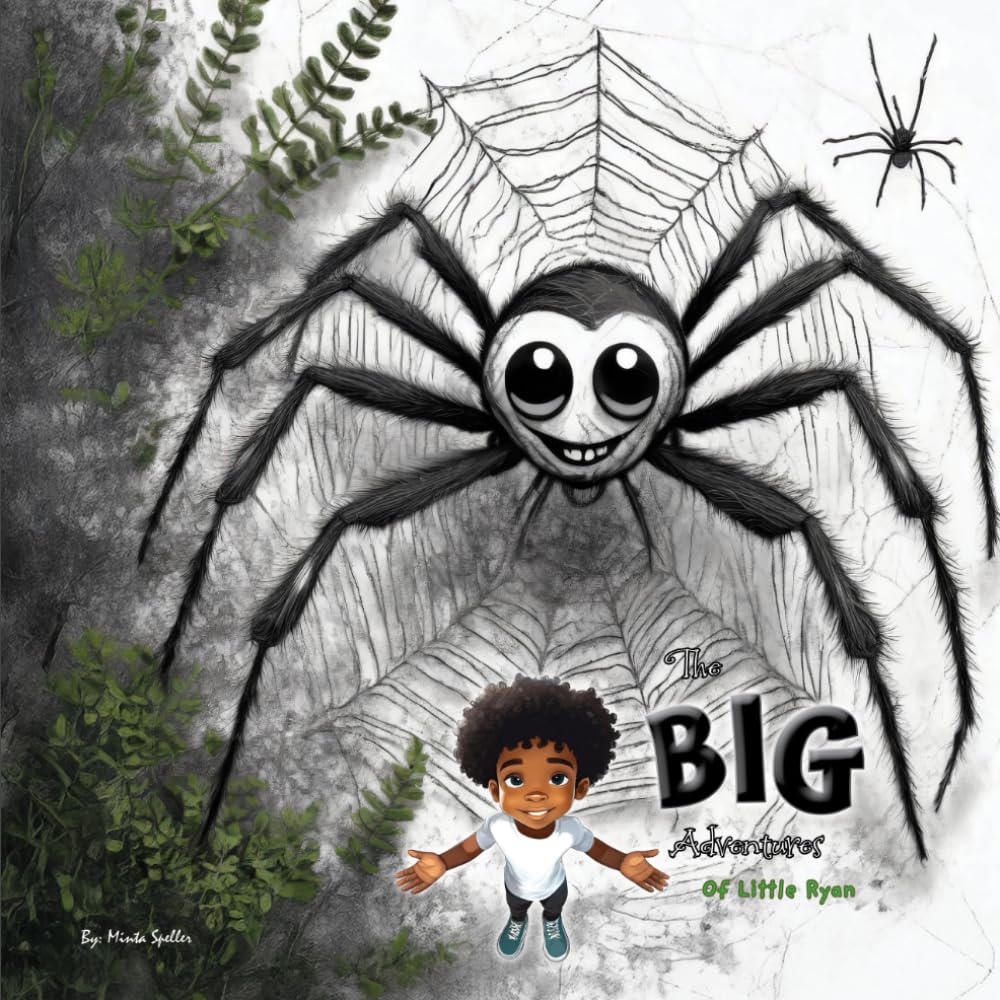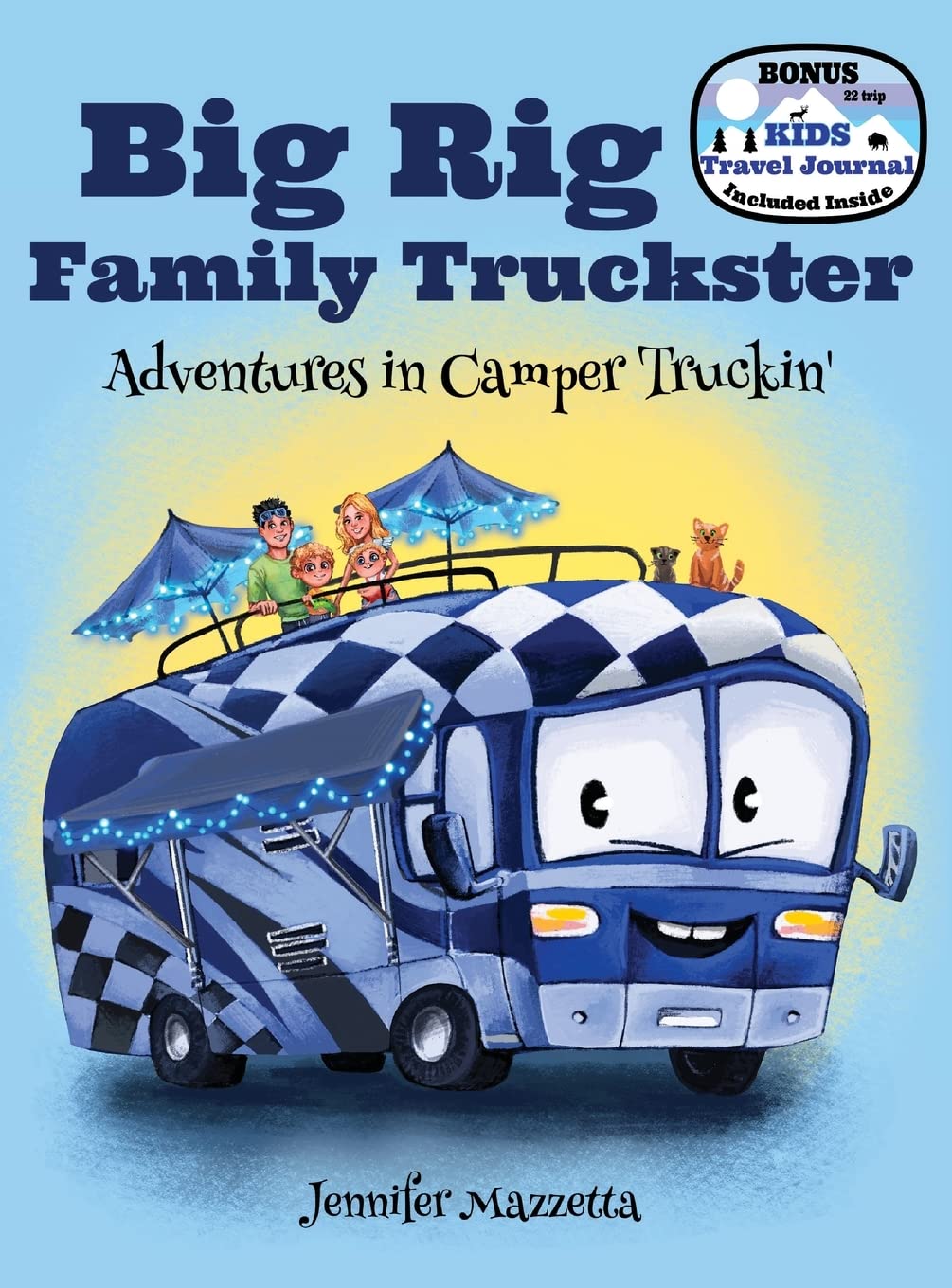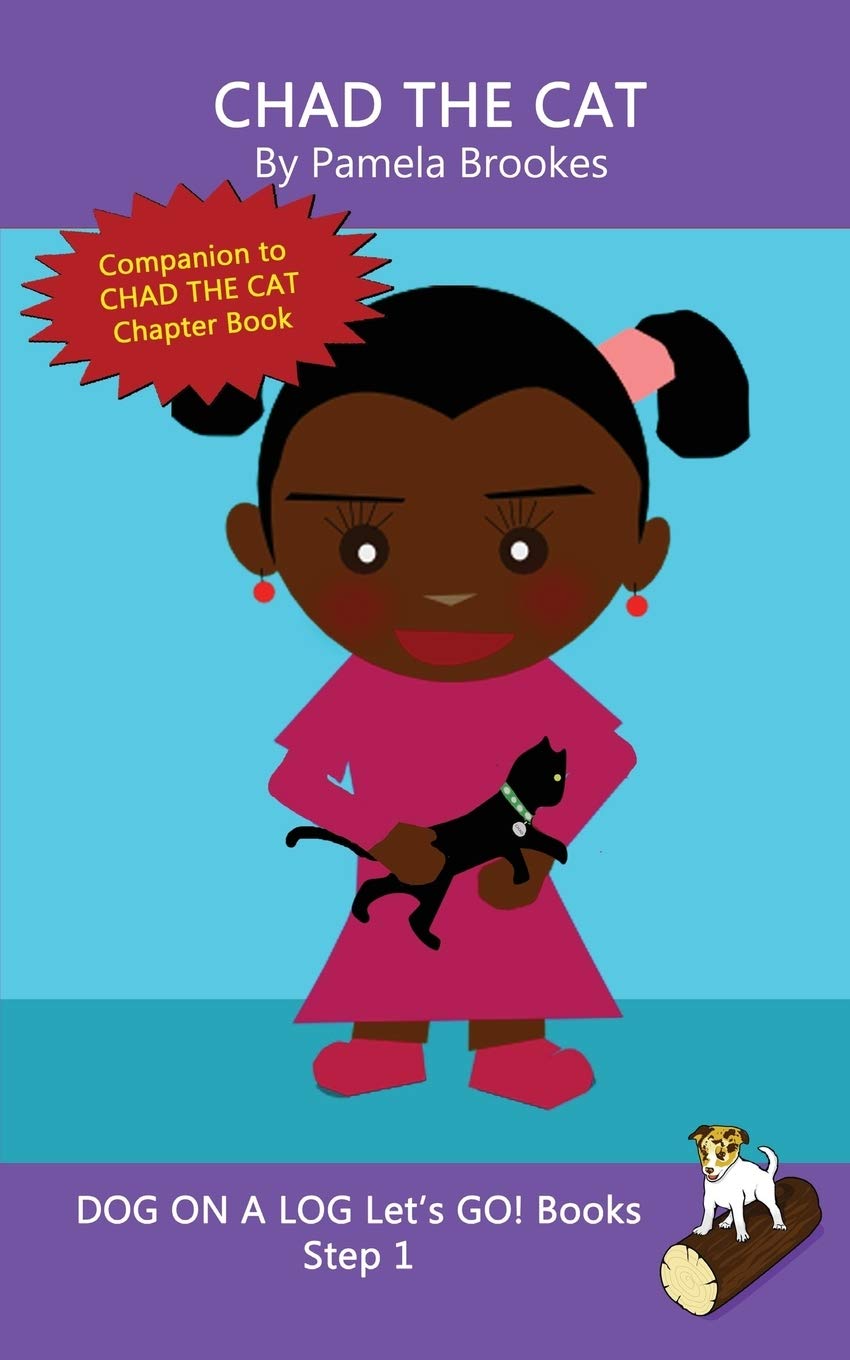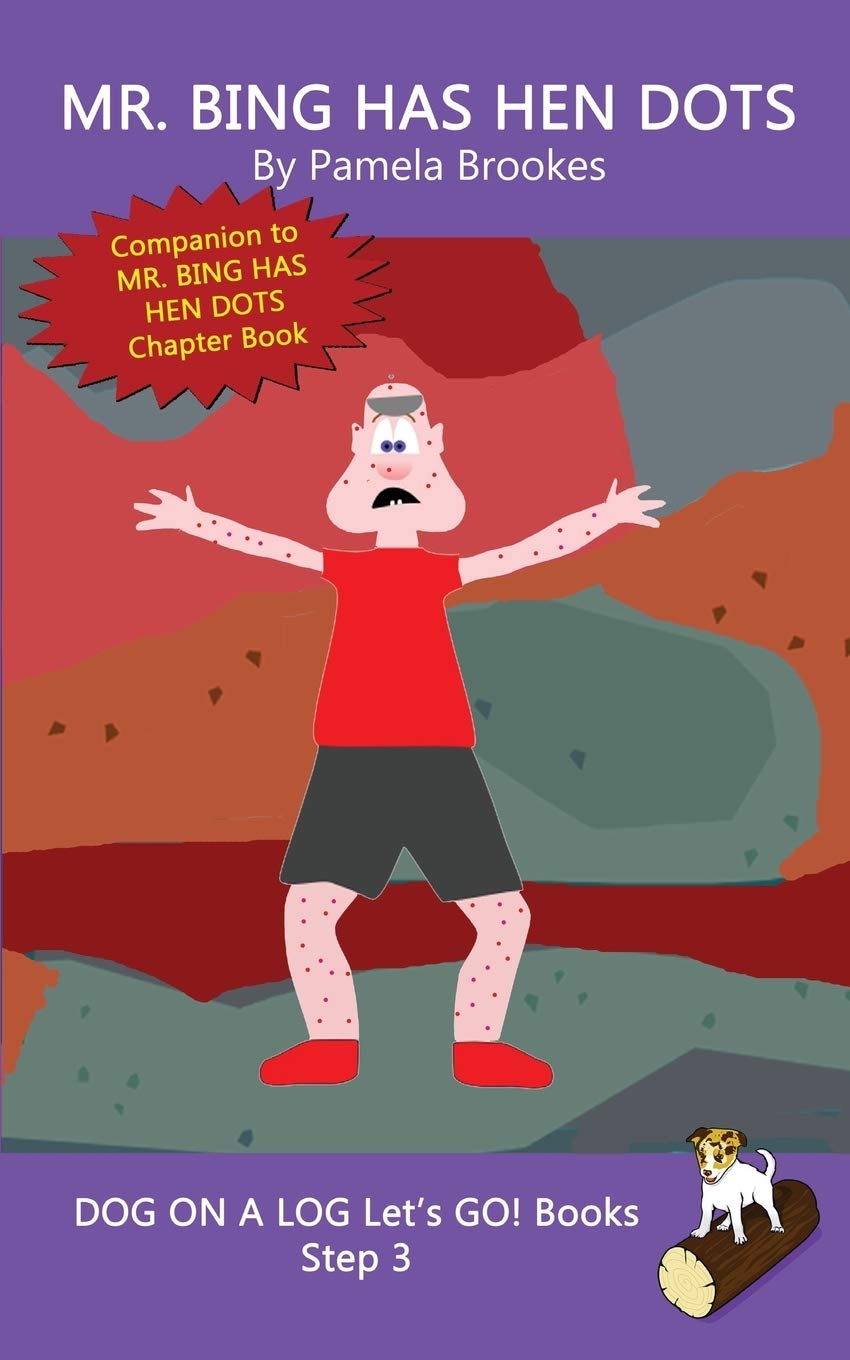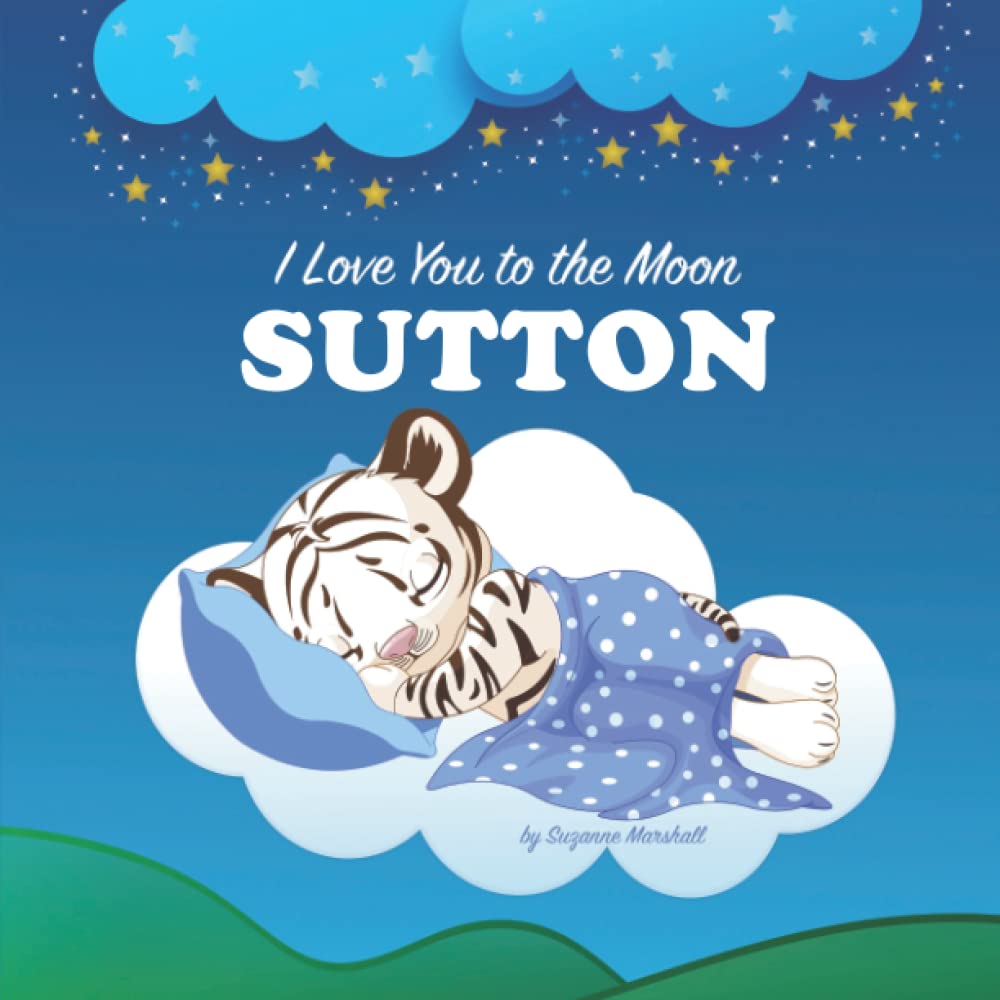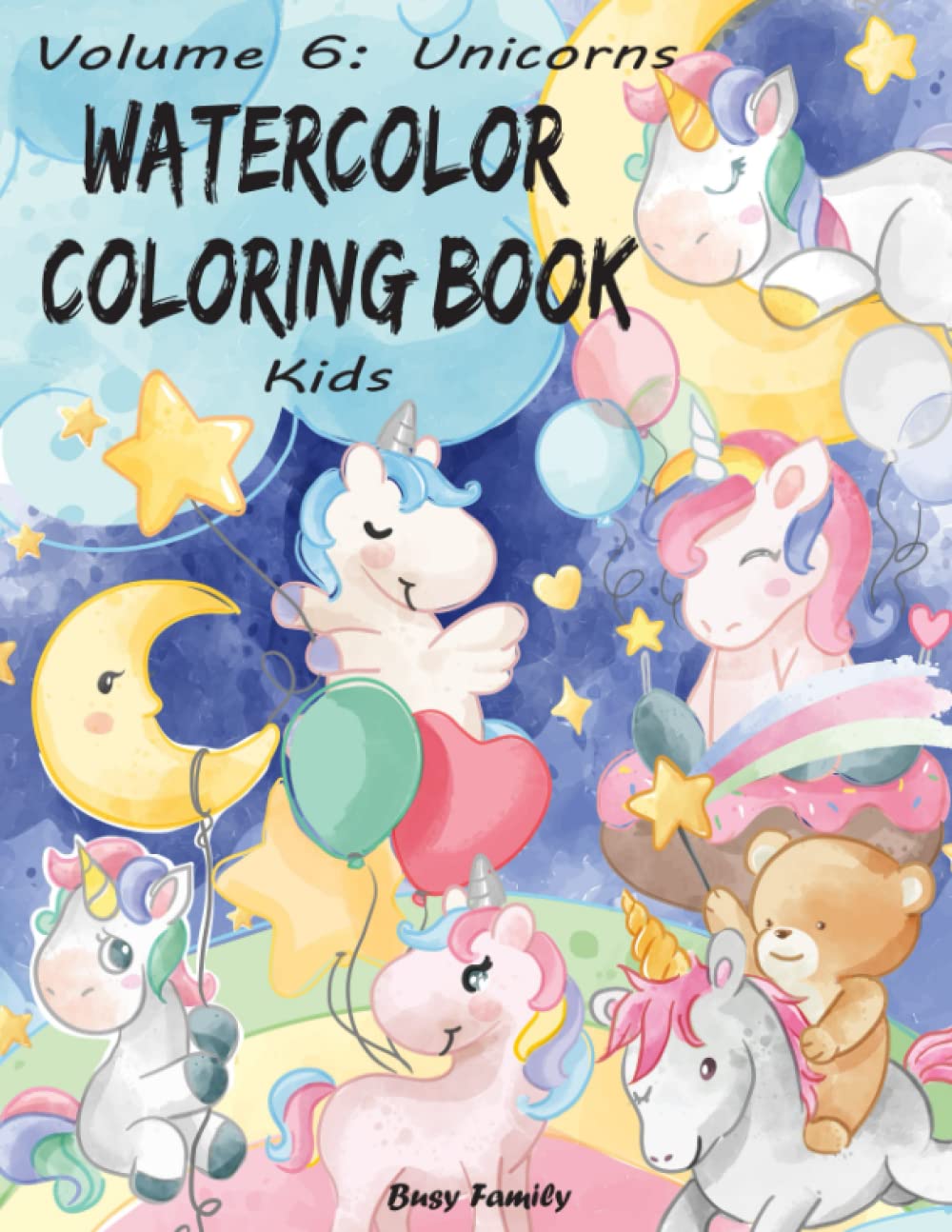In Great Books, Denby lives the common adult fantasy of returning to school with some worldly knowledge and experience of life. A gifted story-teller, he leads us on a glorious tour - by turns eloquent, witty, and moving - through the works themselves and through his experiences as a middle-aged man among freshmen. He recounts his failures and triumphs as a reader and student (taking an exam led to a hilarious near-breakdown). He celebrates his rediscovery or new appreciation of such authors as Homer, Plato, the biblical writers, Augustine, Boccaccio, Hegel, Austen, Marx, Nietzsche, and Virginia Woolf. He re-creates the atmosphere of the classroom - the strategies used by a remarkable group of teachers and the strengths and weaknesses of media-age students as they grapple with these difficult, sometimes frightening works. And all year long he watches the students grow and his own life and memories break out of hiding. David Denby, New York city movie critic and journalist, entered Columbia University in 1991 to take the university's famous course in "Great Books." This is the course that, in preserving the notion of the western canon without apology to multiculturalists and feminists, has been an unlikely focus of America's culture war in recent years. Where other universities have caved in and revised or enlarged the canon, Columbia's course has remained intact. Denby's intention as a writer and protagonist in the culture war was to record the experience and the personal impact of the course. He has produced a cry from the heart in favor of the classics of western civilization, relaying with infectious enthusiasm how literature touched his soul. Denby, a noted movie critic, goes back to his alma mater, Columbia University, to retake the LitHum and contemporary civilization courses he took in the early 1960s to determine whether the politically correct crowd is right about the great books being intellectually bankrupt. He decides the PCs are mostly all wet. "These books...speak most powerfully of what a human being can be. They dramatize the utmost any of us is capable of in love, suffering, and knowledge. They offer the most direct representation of the possibilities of civil existence and the disaster of its dissolution." For a scholar's viewpoint on great books, see Harold Bloom's The Western Canon: The Books and School of the Ages (LJ 9/1/94). (LJ 8/96). Copyright 1999 Reed Business Information, Inc. Thomas Wolfe may have proposed that we can't go home again, but he didn't exclude the possibility of a quick scuttle back to college. Denby, a film critic for New York magazine, returned to Columbia at age 48 to participate as an observer in two core courses he had taken there as an undergraduate: Literature Humanities and Contemporary Civilization. When he realized that "I no longer knew what I knew," Denby took his wife's dare to reread and rethink the classics in an academic milieu. He spent two semesters listening, debating, observing students, and critiquing teaching styles in an effort to "possess" reading and turn it once again into a satisfying act. Denby's account is a fascinating blend of memoir, journal, reporting, exegesis, and soul-searching by a man who slowly realized the truth of one professor's caveat that to read these works, each reader would need "to create a self." In the act of doing so, Denby proved that one man's response to the Great Books might be writing a great book of his own. Patricia Hassler In a coup of cultural journalism, a prominent film critic returns to the Ivy League classroom as a front-line correspondent on the culture wars. For this book, Denby, film critic for New York and a contributing editor at the New Yorker, spent an academic year attending Columbia University's famous ``core curriculum'' classes in the great books, Literature Humanities and Contemporary Civilization. Denby recreates how he read, pondered, and discussed classic texts from Homer and Sappho to Nietzsche and Conrad, all the time maintaining and meditating on his intensely cosmopolitan yet family-centered life. When Denby reads Plato, or for that matter Austen, he contemplates how the ``media fog'' to which he contributes as a film critic envelops his fellow students; when he reads Woolf, or for that matter Virgil, he considers the transformations wrought in his own lifetime by feminism. Denby's book will be easy to poke fun at--or to poke holes in. Academic leftists will note how after much anxious criticism of some vague group called the ``cultural left,'' an interview with an actual radical professor discovers only a sensible, if gloomy, argument that the great books are too hard for today's underprepared undergraduates. Conservatives will snort at Denby's epiphanies over a feminist critique of Aristotle's Politics. But Denby's mission is precisely to counter such pessimism and cynicism, and to capture the potential of such epiphanies, by honestly recording his own intellectual experiences.



